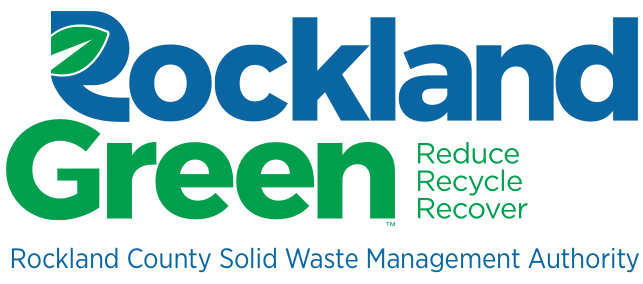March 30, 2022
You know when your phone, dwindling at 2% battery-remaining, surprisingly jolts back to life, only moments after connecting it to the charger? The burst of energy is thanks to the power of (no pun intended) lithium-ion batteries.
It’s not unusual for miscellaneous batteries, all sizes, brands, and colors, to live at the bottom of your junk drawer. But are you aware of the consequences, potentially deadly, that could happen due to improper lithium-ion battery disposal?
In 2021 alone, Rockland Green accepted more than 41,000 pounds of battery waste! Ultimately, our goal is to achieve a compliant, clean environment, essentially the cornerstone of sustainability. However, in order to do so, it’s imperative to follow proper recycling and waste compliance standards.
Lithium-ion vs Alkaline
Batteries are all the same, right? Wrong!
Lithium-ion batteries are non-rechargeable and rechargeable batteries that maintain powerful densities. They provide an energy source like alkaline batteries, however, a major difference? Power capacity.
If your device has been powered down for a length of time (think back to our iPhone example), lithium-ion batteries will excuse a stronger energy surge to charge the device – quickly, while alkaline batteries provide a reliable, long-term power source but lose strength over extended usage.
Lithium-ion batteries are commonly found in older cell phones, power tools, digital cameras, laptops, children’s toys, e-cigarettes, small and large appliances, tablets, and e-readers.
Alkaline batteries are typically found in alarm clocks, calculators, flashlights, TV remote controls, radios, remote-control products, and children's toys. Battery types include 9 Volt, AA, AAA, C, D, and some button cells.
Potential Fires
When it comes to purging your junk drawer full of ‘dead’ batteries, be sure to confirm proper disposal before placing them in a disposal bin. It just may be the difference between an unexpected home or commercial fire.
Some lithium-ion batteries are not easily removed from the product and can become problematic if they are broken, bent or crushed. They become a deadly fire hazard if improperly manufactured, handled, or disposed of.
What causes the risk? They contain organic liquid electrolytes, which are very flammable at high temperatures.
Handling Your Batteries
Before you put your newfound knowledge to the test… what if your batteries are brand new, can they still pose a threat?
Yes, they can! But it’s preventable with easy safety precautions...
Purchasing
- Don’t skimp on ‘cheap’ or ‘hand-me down’ batteries.
- Always purchase from a reputable source, check that they are wrapped in protective, unbroken packaging.
- If you notice any signs of damage or ‘puffiness’, immediately dispose of them – properly!
Battery Storage
- They must be kept from contact with metal or other batteries to avoid a short circuit.
- We recommend keeping your batteries far from any flammable materials or objects.
- Ideally, at a temperature between 41 and 68 degrees Fahrenheit.
- Do not place batteries in direct sunlight, in warm areas, or on hot surfaces.
Proper Battery Disposal
The final and arguably more important piece of the puzzle: how to properly dispose of used or damaged batteries.
Batteries should not be placed in the household garbage or recycling bins, especially if they are lithium-ion. No worries, though! We have multiple alternative disposal options, however, for your safety please keep the following battery handling tips in mind.
Handling Your Batteries
- Place non-conductive tape over the battery connections (terminals).
- For broken batteries, use appropriate personal protective equipment.
- If damaged, contact the battery or device manufacturer for specific handling information.
- Ensure that you place all of your batteries in a plastic or cardboard container while transporting.
Batteries should always be handled with careful care. Properly disposing of batteries not only will keep you safe but those around you, even those handling your household and commercial waste!
Dispose of your batteries properly and responsibly:
- Rockland Green’s Household Hazardous Waste Facility is open for regular weekday drop-off services every Monday–Friday (except holidays) from 8am–1pm at the Fire Training Center.
- Home Depot and Lowe’s both have compliant battery drop-off boxes located right out front for quick and easy recycling.
To expand your knowledge on waste prevention, recovery, and the responsible disposal movement in Rockland County, Rockland Green is the resource for you. Contact us with any questions you may have!
